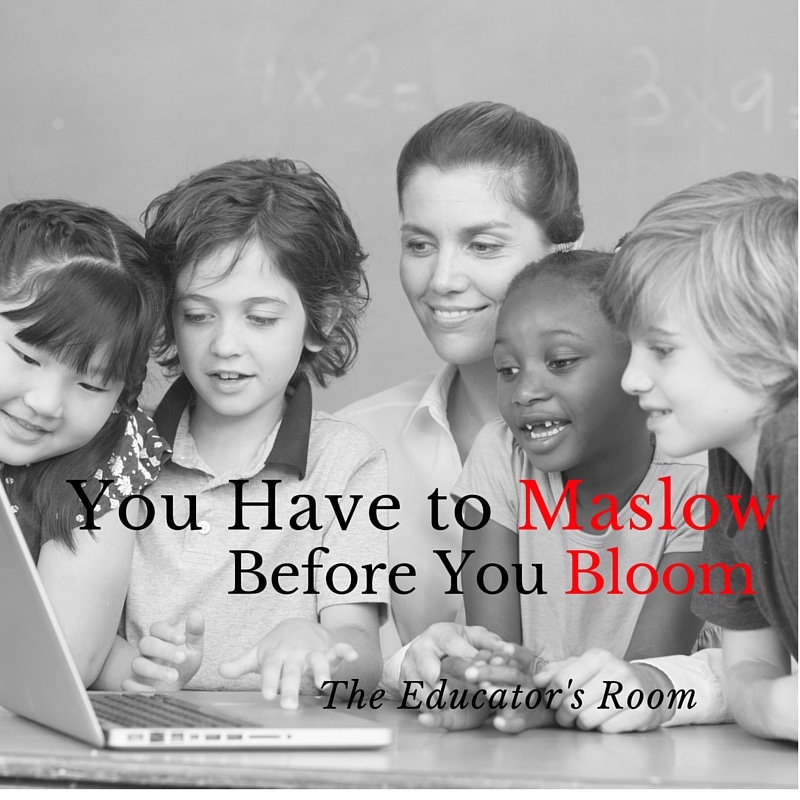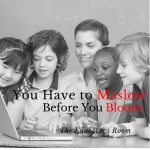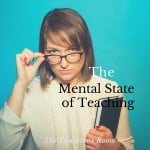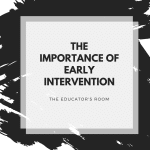In sharing last week’s article on the Hidden Stories of the Average American Classroom, several teachers began discussing the need to “Maslow” before you “Bloom.” But what exactly does that mean?
Past Writings on “Maslow Before You Bloom”
Tomaz Lasic actually wrote about this topic with an article of his own in 2009, where he noted the importance of trust in his classroom helped unearth “a brief private chat with one of his students” that led him to question the importance of Bloom’s Taxonomy in comparison to the needs of his students. The focus of the pyramid is to have students create and evaluate rather than simple rehearsal and regurgitation. Bloom’s Taxonomy isn’t so much a buzz word as it was 7 years ago, but it’s child – Common Core Standards – most certainly are.
There’s a problem with this pyramid, Kathryn Craig also points out in her own LinkedIn article – “you can’t do the Bloom stuff until you take care of the Maslow stuff.” She reminds us that the age old educational aphorism of “I don’t care how much you know, until I know how much you care” also (and maybe more so) applies to teachers.
Lest We Forget
Indeed, how are we going to help students to tackle the basic tenets of knowledge (remember the colors, letters, numbers, and sight words) if they are beaten the minute they arrive at home? If they are sexually abused? If they don’t know where their next meal is coming from?
I’d like to think that the average teacher is capable of looking through what “they need to cover” and start to uncover the ridiculousness that students deal with at home (or on the streets) that never permits them to deal with the rigor of our classrooms.
Laura McInerney of LMKco and editor of Schools Week reminds us (in her article on the topic) that “if [fusion_builder_container hundred_percent=”yes” overflow=”visible”][fusion_builder_row][fusion_builder_column type=”1_1″ background_position=”left top” background_color=”” border_size=”” border_color=”” border_style=”solid” spacing=”yes” background_image=”” background_repeat=”no-repeat” padding=”” margin_top=”0px” margin_bottom=”0px” class=”” id=”” animation_type=”” animation_speed=”0.3″ animation_direction=”left” hide_on_mobile=”no” center_content=”no” min_height=”none”][a student] is starving hungry that [they] are less likely to think about what the teacher is saying and instead wondering ‘how I can be the first person out of the classroom door'” to lunch.
Enter Maslow’s Hierarchy of Needs (click here for a refresher link)
Humans first and always address their biological and physiological needs: food, water, shelter, and warmth. Watch any post-apocalyptic television show or movie and see how canned food and bottled water becomes priority number one. However, for some students (like the one McInerney mentioned), that apocalypse is now. It is everyday.
In the next step, we can see the historical and scientific implications of civilization. Humans began to bond and band together to improve their safety against predators and against one another. When they did that, they enlisted a set of order and limits on behavior. Some students don’t have that. Sadly, some students still go home to an animalistic, dog-eat-dog life.
In the third step, love and belongingness are explored. I’m sure you’ve heard the explanation “we’re only human.” One part of that involves being loved beginning on Day 1. When I look into my son’s eyes as he giggles in mashing his 6-month hands over my face or inserting every toy he can into his mouth, I realize how we need to provide this. But think about this – some children have never been told “I love you” once in their lives. Some adults may have never heard it themselves, either.
Next, Maslow points to our need to become independent and become experts our esteem and our tasks. I’m sure teachers have proudly found successes with these types of students only to watch them fall back down to earth. That’s because the repetitive nature needed to move from “working ability” to “mastered ability” is so difficult. This, alone, can be one of the most frustrating things for students who learn in a standards-based grading system.
Finally, we reach self-actualization. This is the step where learning becomes forever, and the child is able to overcome the obstacles, seek personal fulfillment, and continue to grow despite the barriers in his/her way. Within this top of the pyramid is the prism that one can view the facets of Bloom’s Taxonomy, Gardner’s Multiple Intelligences, or any other psycho-educational spectrum you wish to analyze.
But, boy, Maslow’s Hierarchy is one heckuva ladder to climb.
Conclusion
Back to Craig — she recommends 3 items (and I echo and add a 4th) for students of low SES status tackling Maslow and then Bloom:
1.Expose student to experiences due to limited background knowledge
2.Give plenty of authentic praise and encouragement
3.Keep expectations high
4.Remember what’s most important in this child’s life
She also closes her article with a poem you’ve probably seen called “Cause I Ain’t Got No Pencil,” by Joshua T. Dickerson:
I woke myself up
Because we ain’t got an alarm clock
Dug in the dirty clothes basket,
Cause ain’t nobody washed my uniform
Brushed my hair and teeth in the dark,
Cause the lights ain’t on
Even got my baby sister ready,
Cause my mama wasn’t home.
Got us both to school on time,
To eat us a good breakfast.
Then when I got to class the teacher fussed
Cause I ain’t got no pencil
And this is why we gotta Maslow before we Bloom.

[/fusion_builder_column][/fusion_builder_row][/fusion_builder_container]







Leave a comment